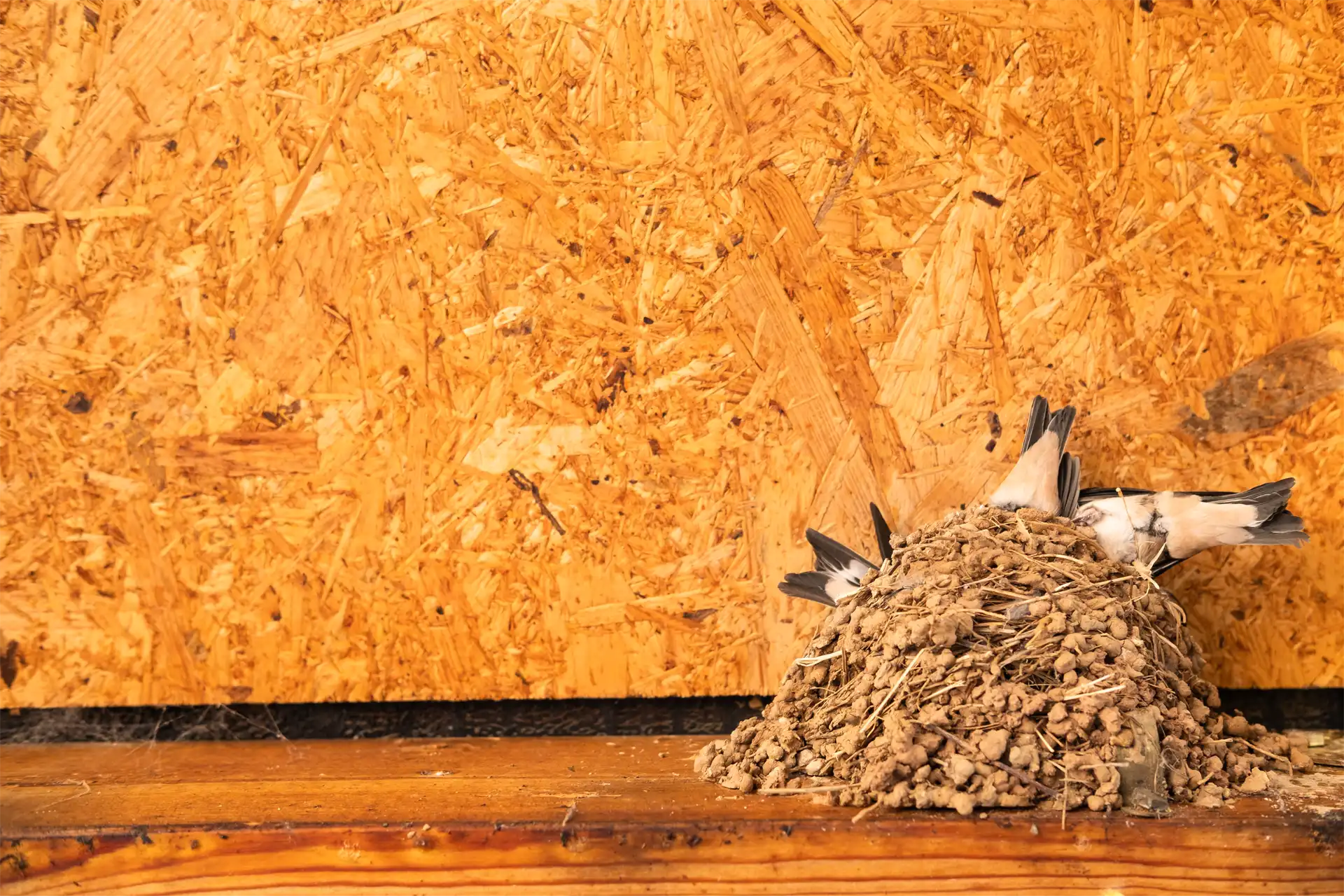

1. Observe and Interact
If we think of the three ethics, Earth Care, People Care, and Fair Share or Return of Surplus, as the foundation that underpins our design for living, we can think of the twelve design principles of permaculture as the armature that supports the details of our lives.
So, look around!
At your life, your home, your country, our world.
Can you see or feel the energy flows? Think of oil, of food. What about migration? What about war?
Consider the water cycle, and the circle of the seasons. These global cycles are too massive for us to affect much individually, but by observing them we can understand how to interact with them in a more considered way — perhaps saving us money or time, which are other forms of energy; perhaps extending a hand to brothers and sisters affected by migration and war, forging bonds and creating social capital.
Within your own country, how does energy flow? What is the medium of transaction, and how do you interact with it? How do you move around? How do you and your children learn? Eat? Relax?
2. Observe and interact in the context of Cyprus
Here in Cyprus, we are fairly European. It’s a young country — independent from Britain after a struggle that ended in 1960, then traumatised by sectarian fighting which culminated in the Turkish invasion of 1974 and the continued occupation of 40% of the island — that has seen development from subsistence agriculture to a sophisticated service-based economy within 3 generations.
Cash is still King, but cards are increasingly used even for small transactions. Barter is not unusual, but I have not come across any Local Currency or Time Bank operations.
Unfortunately, we have little public transport and most families own a car. The intercity bus service is quite good, and Nicosia and Limassol have functioning bus services, but there is no network between the villages, and Paphos is woefully underserved.
Unlike Continental cities, there are few car or bike-share systems, and summer weather means that these are not practical for several months of the year.
School attendance is required — a throwback to Colonial days, when children were pulled out of class to help with the harvest. Challenged by Covid and an increasing number of foreign residents who find that the schools on offer meet neither their expectations nor their needs, this may change in the next few years.
Many Cypriots maintain ties to the land. Even those with foreign degrees, fancy homes, and high end jobs in the cities have a grandparent or two in the village who keeps chickens, harvests their olives each winter, and grows the bulk of their fruit and vegetables.
Despite fast-food joints in every town, there is a deep appreciation for the produce of the land — not only among Cypriots, but among migrants, often from agricultural communities in Africa and the Middle East, who have made Cyprus their home.
Relaxing?
Well, we have Malls, we have Netflix, we have the Internet, and it’s easy to tune out Nature if you want. But we also have beautiful beaches, a sea warm enough to swim 8 months of the year, mountains with networks of hiking trails, and increasingly educational nature centres where we can learn about native animals and plants.
There is a strong hunting culture here: some hunters are responsible, some not — both with their own animals and with their prey.Wednesdays and Sundays, the official hunting days, are not good times to go for a country walk, unless you are in an area off limits to shotgun-toting camouflage-clad men who drive pick-up trucks!
3. Oberserve and interact at Paphos Green Goddess
Here at Green Goddess, a family business near the quiet village of Nikokleia about 20 kilometres from the west-coast town of Paphos, we opt out of a lot of what goes on in the country and the wider world.
We are not off-grid or self-sufficient in power, water, or food — though we are taking steps to reduce our dependence on the state for all of those things. We have photovoltaic panels on the roof (selling to the grid, rather than storing power in our own batteries for now, but looking to change that in the future); we also collect and store rainwater, both in tanks and on the ground — while at the same time being connected to the domestic and agricultural water supplies; and we grow a lot of our own food from perennial and annual planting, as well as a small flock of chickens.
We are all either self-employed, or work for private employers as a supplement to the income that we get from the land. Yes, we use cash (it’s hard to pay the bills with eggs and lettuces!), but we do a lot of exchange as well. Time and expertise for produce: the flow goes both ways, which feels infinitely satisfying.
On the land itself, I am reaping the harvest of failing to design before placing elements. When we moved here and built, I was not really aware of permaculture, and many systems were put in without ‘observing and interacting’!
Fortunately, I have been able to work around most of the flaws and am rebuilding garden beds on contour, creating terraces and berms to minimise run-off, and working with the natural movements of people, animals, water, the sun, the wind, and the seasons to create a system that integrates well with principle number 2, Catch and Store Energy.